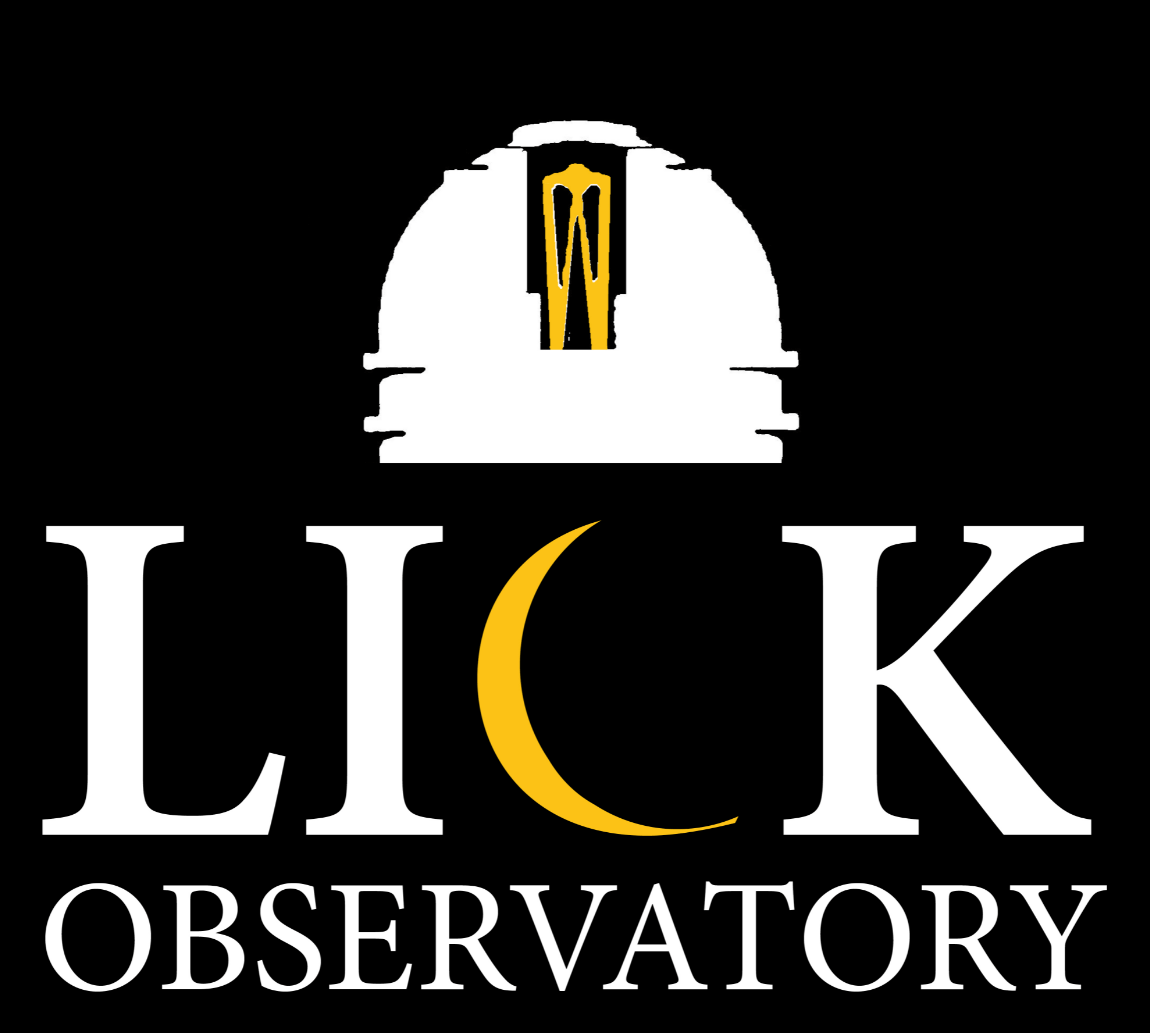Evening with the Stars – August 8th, 2025 8:00pm
Lecture: The Astrobiological Exploration of Enceladus
Astronomer: Dr. Alfonso Davila
Program Information
| 7:00 pm | Doors Open | |
| Lecture Hall | 36-inch Great Refractor Dome | |
| 8:00pm | Science Lecture | History Lecture |
| 9:00 pm | Science Talk (repeated) | Telescope Viewings |
| 10:00 pm | History Talk (repeated) | Telescope Viewings |
| 1:00 am | Doors Close | |
Observing passes are handed out when you check in at the door so please plan to arrive early!
Observing only ends when everyone has had a chance to look through the telescope.
Gift shop is open from 7:00pm until 11:00pm.
Science Lecture
The Astrobiological Exploration of Enceladus
In 2005, the Cassini spacecraft made a groundbreaking discovery—a massive plume of ice and gas erupting from the south pole of Enceladus, a small but geologically active moon of Saturn. The plume is now believed to originate from a subsurface ocean of liquid water beneath the moon’s icy crust, with conditions compatible with life, as we know it. This talk will focus on our current understanding of Enceladus’ plume and subsurface ocean, and on current strategies to search in them for possible evidence of life.
Dr. Alfonso Davila – NASA Ames

Telescope Targets
Tonight’s guests will have the chance to observe:
Great 36″ Refractor
Objects chosen each evening.
Nickel 40″ Reflector
Wild Duck Cluster
Outside Telescopes
More telescopes will be available outside looking at galaxies, star clusters, and more!

Featured Observatory Volunteers & Staff
Hosts
Dr. Lauren Corlies
TBD
History Lecture 1
TBD
History Lecture 2
TBD
Great Refractor Operators
TBD
TBD
Nickel Reflector Operator
TBD
Nickel Reflector Control Room
TBD
Thanks to all of our volunteers for making this evening possible!
Tips and Additional Information
Snacks and beverages are available at the refreshment table in the main foyer. All proceeds help support the public programs. In the past, we have used proceeds to purchase an Automated External Defibrillator (AED), additional wooden benches in the main building, new speakers and amplifiers for the main building hallway, and partial funding of two spotting telescopes by the flag pole.
Your experience at the telescopes will be better if your eyes have had an opportunity to adjust to the dark. For this reason, we try to keep the light levels low in both wings of the main hall.
Please refrain from use of flash photography or white light flashlights in the domes or adjoining hallway.
We strive to make your visit as complete and meaningful as possible. Please let us know if you will need special assistance (for example, if you will have difficulty climbing stairs) by emailing tickets@ucolick.org, so we can make the necessary arrangements.
All of Lick Observatory’s public programs are greatly enhanced by the valuable participation of our many dedicated volunteers.
Interested in volunteering? Learn more here!
